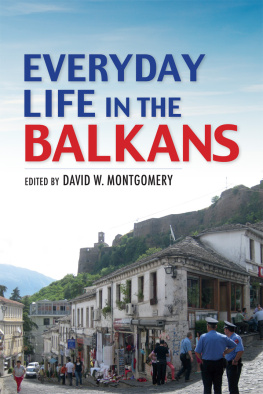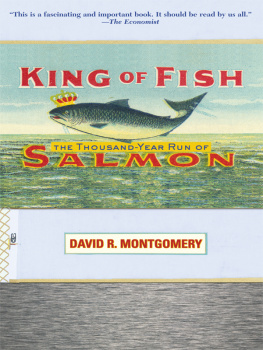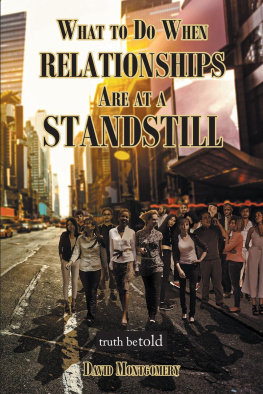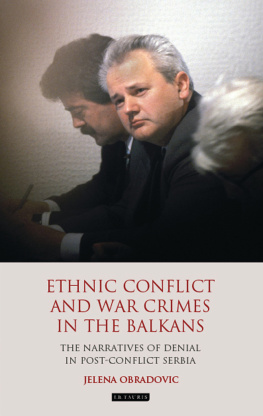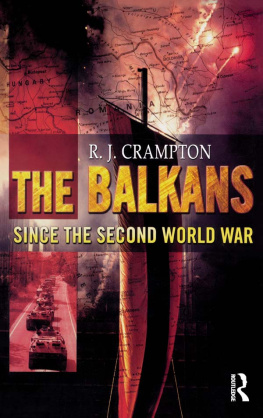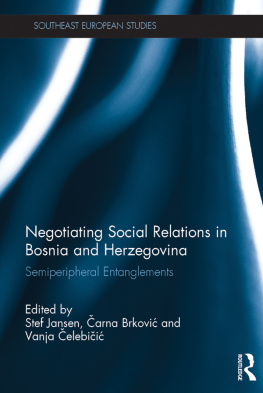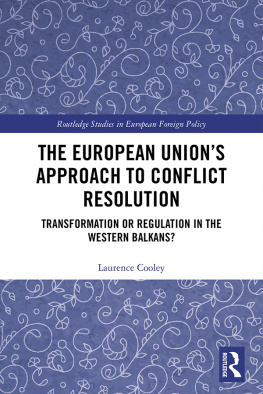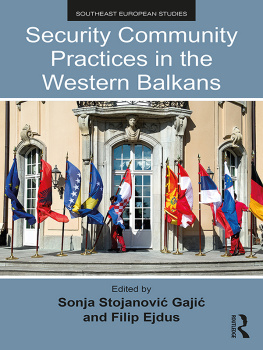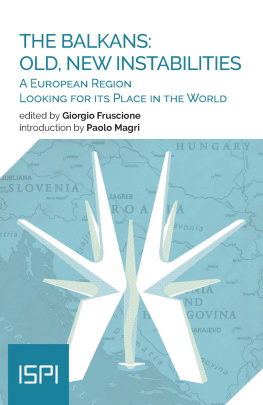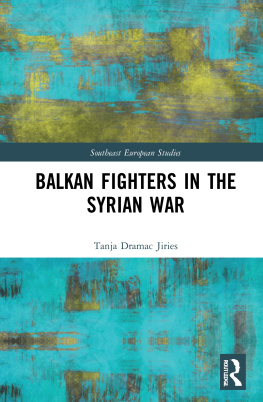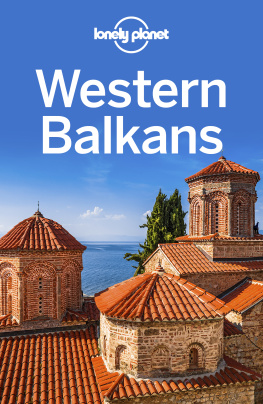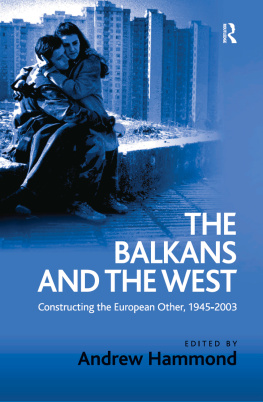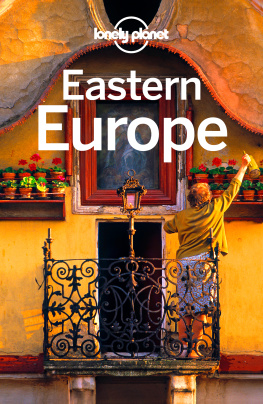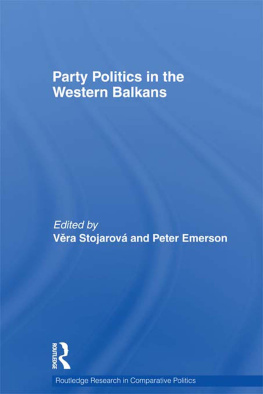Contents
Guide
While created in moments of solitary composition, all books are collective endeavors, with this volume even more collective than most. It would not have been possible without the chapter authors, who turned to their research with the intent of drawing out the everyday of the places where they have invested so much of their work and observation. In many ways, this was both a reflective and reflexive process made possible by the generosity of our various interlocutors, who shared with us their hopes and fears as they allowed us to be part of their daily lives. Thus it is collectively that we acknowledge, in the many languages in which we work, that this book is to our friends who have made this possible and made our time in the region meaningful.
Alongside the general acknowledgment of those about whom we write, there are some who were especially helpful to me over the course of this project, from recognizing the need to bring a discussion of everyday life to focus on the Balkans to bringing this final product together. My appreciation for the Balkans began with Bela Blasszauer, Darina Kokona, Sanja and Borislav Starevi, Sashka Popova, and Valentin Hato each, in various ways, I owe a great debt. Others who offered friendship and insight on the region include Jasmina and Andrew Konitzer, Suzanna and Robert Kokona, Ervin Hatibi, Mentor Mustafa, Rudina Verdha, Armela Bega, Armida Tola, Laura Shimili, Florian Ravoniku, Enton Derraj, Eno Muho, Elona Saro, Jorida Cila, Dorina Nikolla, Denalda Kuzumi, Irma Vuci, Shqipe Hajredini, Virgjil Kule, Shpresa Fuga, Artan Fuga, Rusmir Mahmutehaji, Alma Mrgan-Slipicevic, Marija and Zivojin Budovalcev, Lowell Lander, Natasha Korn, Adam Seligman, Rahel Wasserfall, and Milena Katsarska. As well, special recognition and gratitude go to Roska Vrgova, who commented on many of the chapters and contributed significantly with the photos used in the volume. Also, thanks to Theresa Quill for creating the Balkan map used in this volume. There are many others I have failed to mention, but hopefully they will see their influence in what is written, and that their insights were noticed and appreciated.
Research was supported by grants from the American Councils for International Education, the University of Pittsburghs Center for Russian and East European Studies, and the Global Studies Center, also at the University of Pittsburgh. As well, CEDAR (Communities Engaging with Difference and Religion), which held its first program in Bosnia and Herzegovina, Croatia, and Montenegro in 2003and continues to have an ongoing presence in the Balkan Summer School on Religion and Public Life and other initiatives that have evolved from those programshas been central to my engagement in the region.
In closing, I acknowledge the generosity and selflessness of my parents, Dee and Luke Montgomery, who supported me even when I know they wished I was closer to home; in every way, they made this work possible by instilling a deep appreciation for the joys of quotidian life. Thanks also to Jennifer, Nathan, Lauren, and Reed Tegtmeyer and Denise, Tim, and Deirdre Ligget. Lastly, I deeply thank my wife, Sarah; the love and support she has provided throughout the writing and editing of this work made it all more manageablewriting is a process that takes place while the everyday unfolds, and her presence, in great and at times unnoticed ways, enriches the world we navigate together. It is my hope that as parents we will successfully impart an appreciation for everyday life upon our son, Gabrielborn during the last stages of the books productionand that he will grow to see this work as useful.
We all encounter the world with incomplete knowledge, and this is no less the case when we approach the Balkansa region characterized by orientalists as backward yet understood by residents as home. How we come to understand the Balkans is thus heavily dependent on the sources we prioritize and the narratives we privilege. To schoolchildren in the West, it is taught that both world wars began in the Balkans, there was repression under socialism, and the years after socialism were difficult, as the violence of war and the struggle to figure out life in a postsocialist world were fraught with uncertainty. The majority of what is taught and learnedthrough textbooks and modern mediafocuses on the actions of both elites and nations as actors; but this is only part of the story. Indeed, it is only part of what one needs to know to understand anywhere. The more complete storyone that conveys the affective richness of lifecomes in understanding the stories of the everyday, stories where the taken-for-granted aspects of the ordinary define what it means to belong to a certain locale, where well-being can be seen in neighborly relations despite the struggles of life, and where the quotidian nature of existence is recognized for what it is: part mundane and part tragic, yet also at times heroic.
Often, the full context of what connects people to their worlds is occluded when we focus on a region or a particular event. What defines any place must be understood in relation to what makes it home for those who reside there or otherwise remain connected to the area. The boundaries of these connections are, however, often fluid and ambiguous, requiring a nuanced, interactive relationship with others to contextualize meaning. This can be seen even in the very way a generalizing term like Balkans holds baggage and implies varying categories of identity. The importance of interrogating the implications of such a catchall term cannot be understated, for implicit prejudices can be pernicious when outsiders see locals as less than equals. But in starting to see local ways of creating meaning and value in everyday life, we are afforded the opportunity to appreciate the range of struggles and joys that capture what it means to be in relationship with others, that make sense only in relation to the everyday negotiations that constitute life.
The Ambiguity of Balkan
To appreciate the complex nature of everyday life in the Balkans, I turn to the ambiguity of the regional moniker itself. Here I opt for an indirect way of doing so because it is more reflective of what takes place in social interactions than the conventions of scholarly writing that advocate for clarity and directness. Thus, as so many days begin in the region, I begin with coffee.
Coffee is an important part of everyday life in the Balkans. The first coffee of the day begins a morning at home. The second and third may be with friends or colleagues midmorning and midafternoon. Another may be had after dinner with friends. More may be had in between. Covered by the filigree of tradition, coffee is a conduit of social relations, an invitation that brings people together to share stories, anxieties, hopes, and all that grows out of people coming together. Meeting for coffee creates a space where the ambiguities of life can be worked out (or managed) and as such comes to represent a social characteristic of the region.
To the outsider, the invitation to coffee is not always straightforward. Meeting someone for coffee often means a drink of roasted, finely ground coffee beans that are boiled in a cezve (ibrik) and served in a small cup in which the grounds settle prior to drinking. Yet meeting for coffee can also mean lunch, dinner, or even a beer, anytime throughout the day. The invitation to meet for coffee has multiple meanings that are contextually understood without the need to distinguish the details of what the meeting will entail. Misunderstandings may still emerge, but generally people know the context without everything needing to be worked out beforehand.
Balkan is a similarly ambiguous term that has come to hold political, cultural, and geographical characteristics, all used contextually yet as if the uses were widely agreed on. As such, when the term is used, it takes context to know if it implies a geographical settingeither as the Balkan Peninsula or Southeast Europeor a cultural setting, suggesting cultural similarities within the region that are distinguishable from those beyond the region. People from different places may be talking about two very different thingsmuch like the meaning of coffee can be differently interpreted by the outsider unfamiliar with the nuancesand thus it becomes all the more important for people with roots outside the Balkans to appreciate the local context of the Balkans. To this end, the various uses of the termand how the political, cultural, and geographical aspects of life within the region get animated in the everydayare employed throughout this volume.
Next page
